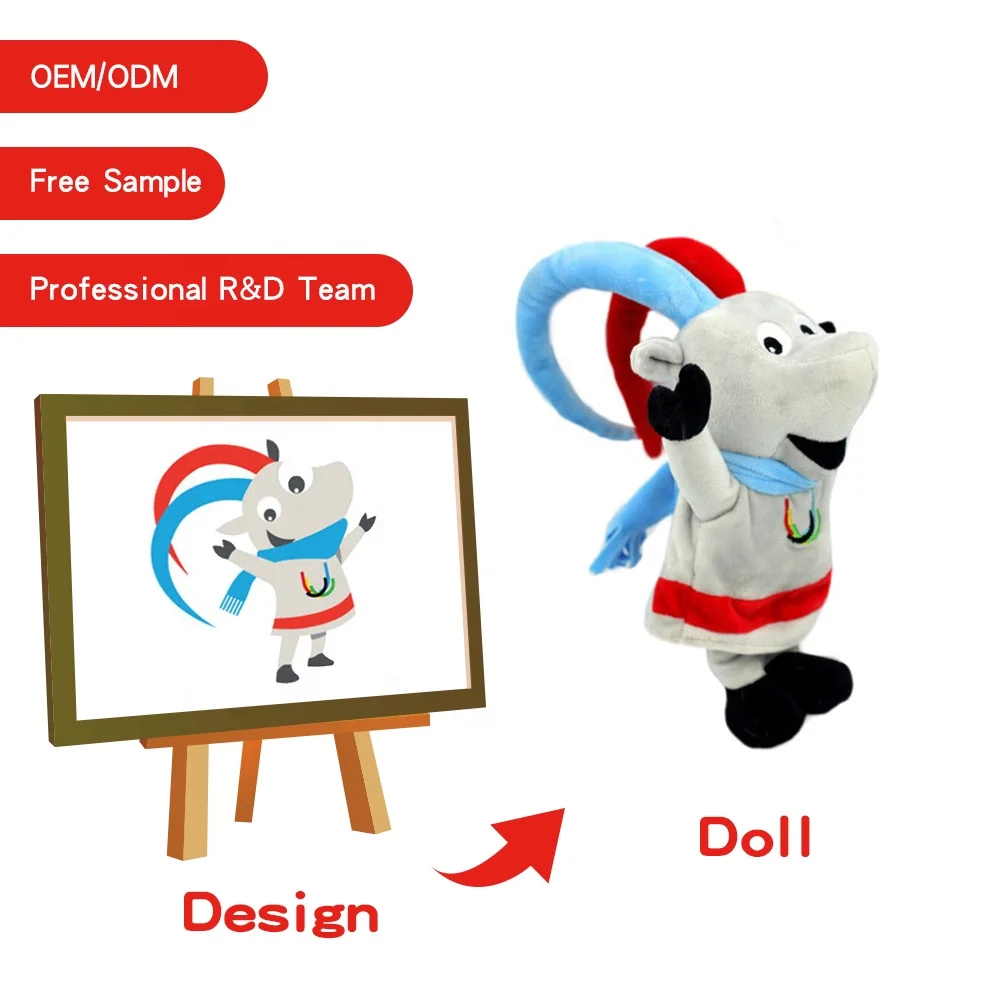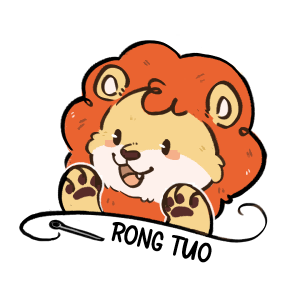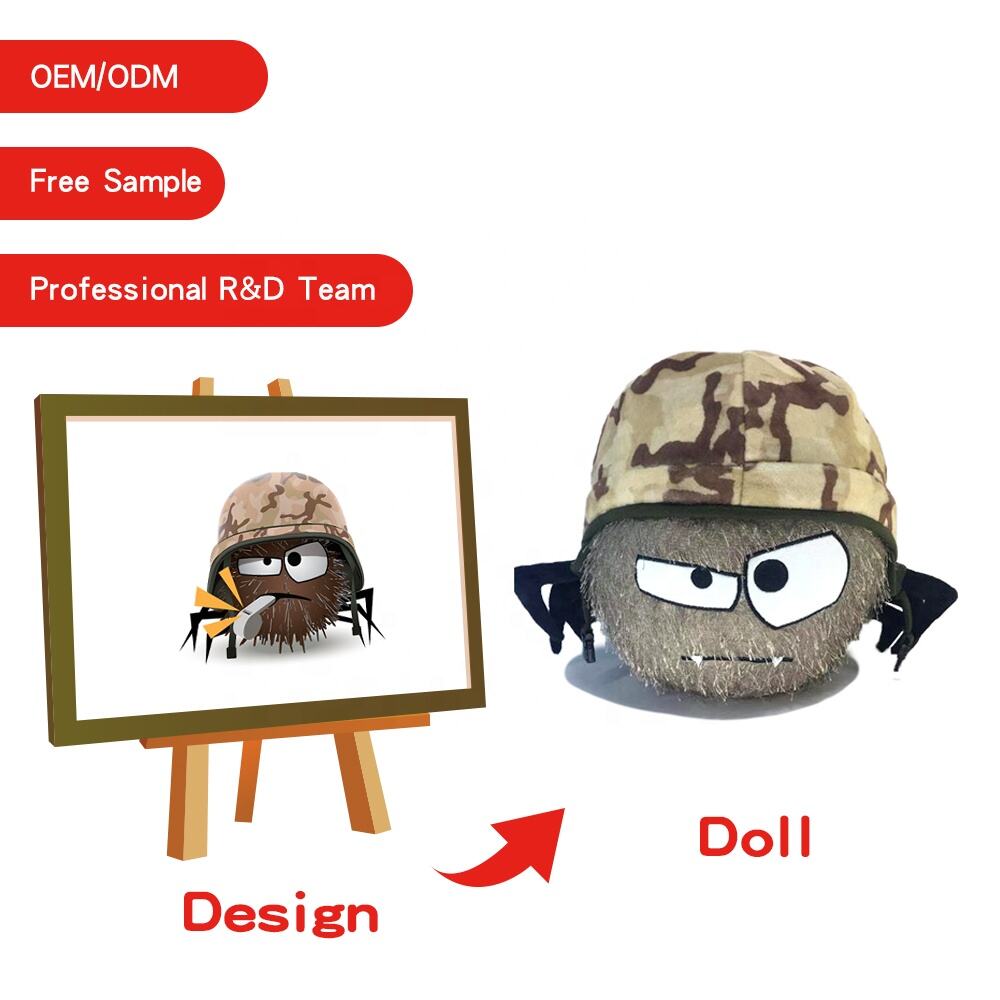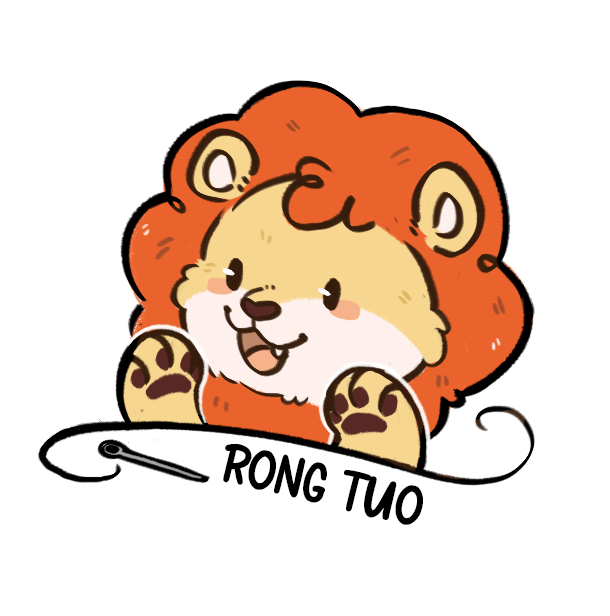עולמו של צעצועי פליש מיניאטוריים חווה צמיחה יוצאת דופן בשנים האחרונות, ומשלב את לבם של צרכנים בכל הגילאים באמצעות הקסם הבלתי אפשרי והעיצוב הקומפקטי שלהם. צעצועי האוסף הנהדרים הללו התפתחו מצעצועים פשוטים dành ילדים לרשומות מסחריות מתוחכמות שמשדרגות אספנים, נותני מתנות ועסקים המחפשים פריטי דרישה ייחודיים. הביקוש לאיכות גבוהה צעצועי מיני פלש ממשיך לעלות כאשר יצרנים מביאים חדשנות בחומרים, בעיצובים ובאפשרויות התאמה אישית שמתאימות לצרכים מגוונים של השוק.

מותגים מובילים בתעשייה זיהו את הפוטנציאל העצום של חיות צמר מיניאטוריות, ומשקיעים רבות במחקר ובפיתוח כדי ליצור מוצרים שבולטים בשוק התחרותי הולך וגובר. מחפצים מקושרים לpopular דמויות קרטון ועד לפריטים ייחודיים למטרות שיווק עבור לקוחות עסקיים, חברות אלו השיגו שליטה באמנות שילוב של איכות עשייה עם עיצוב יצירתי. הגיוון שבצעצועים קטנים מהודקים הופך אותם למתאימים לשימושים שונים, כולל פרסי ארקיד, סחורה לקמעונאות ומתנות מותאמות אישית שיוצרות רושם עמיד לאורך זמן.
מובילי תעשייה בייצור צעצועי צמר מיניאטוריים
יצרנים גלובליים מוכרים
מספר חברות רב-לאומיות שולטות בשוק הצעצועים הקטנים מעוטרים, באמצעות יכולות ייצור נרחבות ורשתות הפצה גלובליות. החברות הגדולות האלה בנו את מוניטן על איכות עקיבה, עיצובים מתקדמים והיכולת לייצר כמויות גדולות תוך שמירה על תמחור תחרותי. חברות כמו Ty Inc., המפורסמת מסדרת Beanie Babies, הצליחו להתאים את מומחיותן ליצירת גרסאות מיניאטוריות של הדמויות הפופולריות שלהן, ובכך למשוך הן אספנים מבוגרים הנ nostálgיים והן ילדים צעירים חדשים.
שחקן משמעותי נוסף בשוק מתמקד במועסקים המורשים, ופועל בשותפות עם חברות בידור ענקיות כדי לייצר צעצועי פליש מיניאטוריים מורשים רשמית הכוללים דמויות אהובות מסרטוני הנפשה וסרטים. שיתופי הפעולה האלה הוכיחו את עצמם בהצלחה רבה, שכן הצרכנים מוכנים לשלם מחירים פרימיום על מוצרים אוטנטיים שמגלמים בצורה מדויקת את הדמויות הפיקצ'ריות האהובות עליהם. תשומת הלב לפרטנות בביטויי הפנים, התאמת הצבעים ואיכות העיצוב בכלל מבדילה יצרנים אלו מאלטרנטיבות כלליות.
מותגים חדשניים עולים
חברות חדשות יותר נכנסו לשוק בגישות חדשות לעיצוב ויצור של צעצועי פלוש מיניאטוריים, ורבות מהן מתמחות בשווקים ספציפיים או בתכונות ייחודיות של מוצרים.מותגי חדשנות אלו מתמקדים לעיתים קרובות בחומרים ידידותיים לסביבה, בתהליכי ייצור בר-קיימא או באפשרויות התאמה מתקדמות המאפשרות ללקוחות ליצור מוצרים אישיים. הזריזות שלהם והרצון לניסות מושגים חדשים עלו בדרגת בסיס נאמן של לקוחות והכרה בתעשייה.
מגמה בולטת אחת בקרב מותגים עולים היא שילוב של טכנולוגיה בצעצועים מסורתיים מפונפונים, תוך יצירת גרסאות מיניאטוריות אינטראקטיביות שיכולות להתחבר ליישומים ניידים או לייצר צלילים ואורות. המוצרים המשופרים עם הטכנולוגיה מושכים לצרכנים מודרניים הערכות שילוב של נוחות קלאסית עם תפקוד עכשווי. ההצלחה של חדשנות זו מדגימה את התיאבון של השוק לפירושים יצירתיים של צעצועי פלוש מיניאטוריים מסורתיים.
חדשנות בעיצוב ומגמות שוק
פיתוח דמויות והרשאות
הפיתוח של דמויות מקוריות הפך לאחד מהמבדילים המרכזיים עבור מותגים המחפשים לרתום עמדות ייחודיות בשוק. חברות משקיעות משאבים משמעותיים ביצירת דמויות נצמד ונושאות ומשפחות דמויות שאפשר להתאים לפורמטים שונים של צעצועי פליש קטנים. עיצובים מקוריים אלו מתחילים לעתים קרובות כרעיונות דיגיטליים לפני שהופכים למוצרים פיזיים, מה שמאפשר שליטה מדויקת בכל היבט של המראה והאישיות של הדמות.
התקבולים בהסכמות רישוי עם תכניות בידור פופולריות ממשיכים לדחוף הכנסות משמעותיות לייצרנים שיכולים להבטיח זכויות בייצור צעצועי מיני פלש מבוססים על דמויות טרנדיות מסרטים, תוכניות טלוויזיה, משחקי וידאו ومنصות מדיה חברתית. התזמון של שיגור המוצרים כדי שיתאם לשחרור סרטים או אירועים עונתיים יכול להשפיע בצורה משמעותית על הצלחת המכירות, ודורש תכנון מתקדם ותיאום ייצור מדויק.
חדשנות בחומרים ותקני איכות
חומרים מתקדמים שינו את תעשיית הצעצועים הקטנים ממולאים, ומאפשרים לייצר מוצרים רכים יותר, עמידים יותר ובטיחותיים יותר למשתמשים בכל הגילאים. סיבי פוליאסטר איכותיים, חומרי מילוי היפותלרגניים וצבעים שאינם זזים מבטיחים שהמוצרים ישמרו על המראה והמרקם שלהם גם לאחר טיפול מרובה. שיפורים אלו בחומרים היו חשובים במיוחד למוצרים המיועדים לשימוש כפריטי דרישה או לאיסוף, אשר חייבים לעמוד בתנאי תצוגה ארוכת טווח וניקיון מזדמן.
תהליכי בקרת איכות הפכו למשוכללים יותר ויותר, כאשר יצרנים מממשים שלבים מרובים של בדיקה לאורך כל תהליך הייצור כדי להבטיח עקביות והתאמה לדרישות בטיחות. תקני הבטיחות הבינלאומיים לצעצועים דורשים בדיקות קפדניות של חומרים ושיטות בנייה, במיוחד למוצרים המיועדים לילדים קטנים. מותגים מובילים לעתים קרובות עולים על דרישות מינימום אלו, ומיישמים אמצעי איכות נוספים שמחזקים את המוניטין שלהם בנוגע לבטיחות ואמינות.
שירותי אדיבות ותאום אישית
יישומים עסקיים וترويجיים
שוק העסקי לעסקי של צעצועי פליש מיניאטוריים מותאמים אישית גדל בצורה משמעותית, שכן חברות מודעות לאפקטיביות שלהם כלכלי פרומופציה ומתנות קורפורטיביות. יצרנים מציעים כיום שירותי התאמה מקיפים הכוללים רישום שמות בעזרת רקמה, סכמות צבעים מותאמות אישית ואפילו עיצובים מקוריים לחלוטין שנוצרו במיוחד עבור לקוחות בודדים. מוצרים אישיים אלו משרתים מטרות רבות, החל מתווי תערוכות וכלה בהענקותRecognition לעובדים ופריטי הערכה ללקוחות.
תהליך יצירת צעצועי פליש מיניאטוריים מותאמים אישית כולל לרוב ישיבות ייעוץ מפורטות בהן מעצבים עובדים בקשר הדוק עם לקוחות כדי להבין את דרישות המותג וההעדפות של הקהל היעד. כלים דיגיטליים מתקדמים לאפיון מאפשרים ללקוחות לדמיין את המוצר המותאם לפני תחילת הייצור, ומבטיחים שביעות רצון בעיצוב הסופי. כמויות הזמנה מינימליות ירדו בצורה משמעותית בשנים האחרונות, מה שהופך מוצרים מותאמים לכלל גישה לעסקים קטנים וארגונים עם תקציבים מוגבלים.
התאמה אישית לצרכן יחיד
הדרישה של הצרכנים למוצרים אישיים גרמה לרבים מייצרנים להציע אפשרויות התאמה אישית לצעצועים מיניאטוריים מפליש. שירותים אלו נעים ממחרטת שם פשוטה ועד לעיצובים מותאמים מורכבים הנוצרים מאיורים או תמונות שסופקו על ידי הלקוח. פלטפורמות מקוונות הפחיתו את רף הכניסה לצרכנים המעוניינים לעצב את המוצר שלהם באמצעות כלים מבוססי-ווב אינטואיטיביים המציגים תצוגה מקדימה בזמן אמת של היצירה.
מגמת האישור הייתה פופולרית במיוחד לרגעים מיוחדים כגון ימי הולדת, אירוסין וחגים, כשצרכנים מחפשים מתנות ייחודיות שלא ניתן למצוא בחנויות קמעונאיות מסורתיות. הערך הרגשי של צעצועי פלוש מיניאטוריים מאושרים לעתים קרובות עולה על העלות המוניטרית שלהם, מה שהופך אותם לאוספים יקרים ללב שמקבלי המתנה ישמורו עליהם לאורך שנים. הקשר הרגשי הזה מעורר עסקים חוזרים ופרסום מפה לאוזן חיובי עבורמותגים המצטיינים בשירותי התאמה אישית.
ערוצי הפצה והישג השוק
שותפויות עם קמעונאות מסורתיות
שותפויות קמעונאיות מוכנות ממשיכות להיות חשובות ליצרני צעצועי פליש מיניאטוריים המבקשים חדירה שוקית רחבה. חנויות צעצועים גדולות, חנויות מחלקת וסניפים מיוחדים לה선ת מתנות מספקים מקום ערך על המדף וחשיפה ללקוחות שיכולה לקדם משמעותית את הכרת המותג ונפח המכירות. שותפויות אלו כוללות לעתים קרובות מאמצי שיווק שיתופיים, קידומי מחיר עונתיים וקווי מוצרים בלעדיים שתוכננו במיוחד עבור שרשרות קמעונאיות מסוימות.
היחסים בין יצרנים לקמעונאים התפתחו לכלול מערכות מתקדמות לניהול מלאי, לוחות זמנים של אספקה בזמן אמת והסכמים לשיתוף נתונים שמסייעים באופטימיזציה של זמינות המוצרים ובצמצום עלות האחסון.מותגים מצליחים שומרים על תקשורת חזקה עם שותפי הקיטנת שלהם, ומספקים עדכונים מתמידים על שיחרור מוצרים חדשים, מגמות עונתיות וחומרי תמיכה שיווקית שמסייעים בקידום המכירות בנקודת המכירה.
מסחר דיגיטלי ומיפתח מכירות
ערוצי מכירה מקוונים הפכו להיות חשובים יותר ויותר לייצרני צעצועי פליש מיניאטוריים, ומאפשרים גישה ישירה לצרכנים ברחבי העולם ללא מגבלות של שטח קמעונאי פיזי. פלטפורמות מסחר אלקטרוני מאפשרות למותגים להציג את קטלוגי המוצרים השלמים שלהם, לספק מידע מפורט על المنتج, ולמצוא אפשרויות התאמה אישית שאולי אינן מעשיות בסביבות קמעונאות מסורתיות. היכולת לאסוף נתונים והערות מהלקוחות דרך ערוצים מקוונים מספקת תובנות ערך למפתחות פיתוח מוצרים ואסטרטגיות שיווק.
שיווק דרך מדיה חברתית הוכיח את עצמו כיעיל במיוחד לקידום צעצועי פליש מיניאטוריים, שכן המראה החזותי שלהם והקשר הרגשי איתם הופכים אותם לתוכן שמתפזר בקלות. מותגים מנצלים פלטפורמות כמו אינסטגרם, טיקטוק ופינטרסט כדי להציג את המוצרים בהקשר של אורח חיים, להדגים יכולות התאמה אישית וליצור קשר עם אוספים וחובבים. תוכן שנוצר על ידי משתמשים, הכולל לקוחות עם צעצועי הפליש האהובים עליהם, יוצר חומרי שיווק אותנטיים שמוצאים חן chez קונים פוטנציאליים.
ייצור באיכות וסטנדרטים לבטיחות
מצוינות ויישנות ביצוע
יצרנים מובילים של צעצועי קטיפה מיניאטוריים השקיעו רבות בציוד ייצור מתקדם ובמערכות בקרת איכות המבטיחות תפוקה עקבית העומדת בתקני התעשייה הגבוהים ביותר. מתקני ייצור מודרניים משתמשים במערכות חיתוך אוטומטיות, ציוד תפירה מדויק ומכונות רקמה ממוחשבות שיכולות לשכפל עיצובים בדיוק יוצא דופן על פני סדרות ייצור גדולות. שיפורים טכנולוגיים אלה קיצרו משמעותית את זמן הייצור תוך שיפור איכות המוצר ועקביותו.
תוכניות הדרכה לעובדים ומערכות ניהול איכות מבטיחות שכל חבר צוות מבין את תפקידו בשמירה על מצג שיא של המוצר. ביקורות שגרתיות ויוזמות שיפור מתמשך עוזרות לזהות הזדמנויות לשדרוג יעילות הייצור ואיכות המוצר. חברות מובילות רבות זכו באישורי איכות בין-לאומיים שממחישים את מחויבותן לאיכות ונותנים ודאות נוספת ללקוחות ולשותפי עסקים.
הסכמה לנהלי בטיחות וביקורת
שקולות הבטיחות הם עיקרון מנחה בייצור צעצועי פליש מיניאטוריים, במיוחד עבור מוצרים המיועדים לילדים או להפצה שיווקית. פרוטוקולי בדיקה מקיפים מעריכים הכול, החל מתרכיב החומר ובטיחות הצבעים, דרך שלמות הבנייה ועד לסיכוני חלקים קטנים. מעבדות בדיקה עצמאיות של צד ג' מבצעות הערכות תקופתיות כדי להבטיח התאמה לסטנדרטים בינלאומיים שונים לבטיחות, כולל CPSIA בארצות הברית, דרישות סימן CE באירופה, ותקנות דומות בשווקים מרכזיים אחרים.
מערכות תיעוד ועקביות מאפשרות ליצרנים לעקוב אחר חומרים ורכיבים לאורך כל תהליך הייצור, ומאפשרות תגובה מהירה במקרה נדיר של חששות לבטיחות או שיקולים של מוצרים. מערכות אלו תומכות גם במיזמי שיפור איכות על ידי סיפוק נתונים מפורטים על משתני ייצור והשפעתם על מאפייני המוצר הסופי. ההשקעה בבטיחות ואישור איכות משקפת את מחויבות התעשייה להגנת הצרכנים ולשמירה על אמון הציבור בمنتجات צעצועי פלשת מיניאטוריים.
שאלות נפוצות
מה גורם למותגים מסוימים להיות פופולריים יותר לצעצועי פלשת מיניאטוריים?
מותגים פופולריים לרוב מצליחים במספר תחומים מרכזיים, ביניהם איכות עקיבה, עיצובים מתקדמים, שותפויות רישוי אפקטיביות ושירות לקוחות חזק. הם משקיעים בחומרים באיכות גבוהה, שומרים על סטנדרטים מחמירים של בקרת איכות ופותחים דמויות זוכרות או שותפויות עם נכסים פופולריים בתחום הבידור. בנוסף, למותגים מוצלחים לרוב יש שירותים בהתאמה אישית ויחסים קרובים עם שותפי קמעונאות ועם לקוחות ישירות, באמצעות אסטרטגיות שיווק ואינטראקציה עם הלקוחות.
איך יצרנים מבטיחים את הבטיחות של צעצועי פלוש קטנים?
יצרנים מיישמים פרוטוקולים מקיפים של ביטחון הכוללים בדיקות חומרים, הערכות איכות בנייה ואימות התאמה לתקני הבטיחות הבינלאומיים לצעצועים. הם משתמשים בחומרים לא רעילים, טכניקות תפירה מאובטחות ומבוצעות בדיקות בטיחות חוזרות על ידי צד ג' מוסמך. חברות רבות ממובילות השוק עולות על דרישות הבטיחות המינימליות ומשמרות מערכות תיעוד מפורטות המאפשרות זיהוי ודאי של המוצר לאורך כל תהליך הייצור וההפצה.
אילו אפשרויות התאמה אישית קיימות לצעצועי פלוש קטנים?
אפשרויות ההתאמה משתנות בהתאם לייצרן אך כוללות לרוב שיזוף של לוגו, סכמי צבעים מותאמים, מסר אישי ועיצובים מקוריים לחלוטין של דמויות. חברות רבות מציעות התאמה אישית גם לצרכנים פרטיים לצורך מתנות אישיות וגם שירותים של התאמה לשימוש בכמות גדולה עבור לקוחות עסקיים. יצרנים מתקדמים מציעים שירותי דummies דיגיטליים, המאפשרים ללקוחות להתרשם מהעיצוב המותאם שלהם לפני תחילת הייצור.
איך התפתח שוק הצעצועים הרך המיניאטורי בשנים האחרונות?
השוק חווה צמיחה משמעותית שנגרמה על ידי הביקוש הגובר מאוספי פריטים, אנשים שנותנים מתנות ועסקים המשתמשים בפריטים אלו למטרות שיווק. בין הפיתוחים המרכזיים ניתן למנות שיפור בחומרים ובשיטות ייצור, הרחבת שירותי התאמה אישית, שילוב תכונות טכנולוגיות והדגשת עקרונות ייצור בר-קיימא. ערוצי מכירה באינטרנט ושיווק דרך רשתות חברתיות גם הם שינו את הדרך בה מותגים מגיעים ופועלים במגע עם לקוחות בשוק הדינמי הזה.


